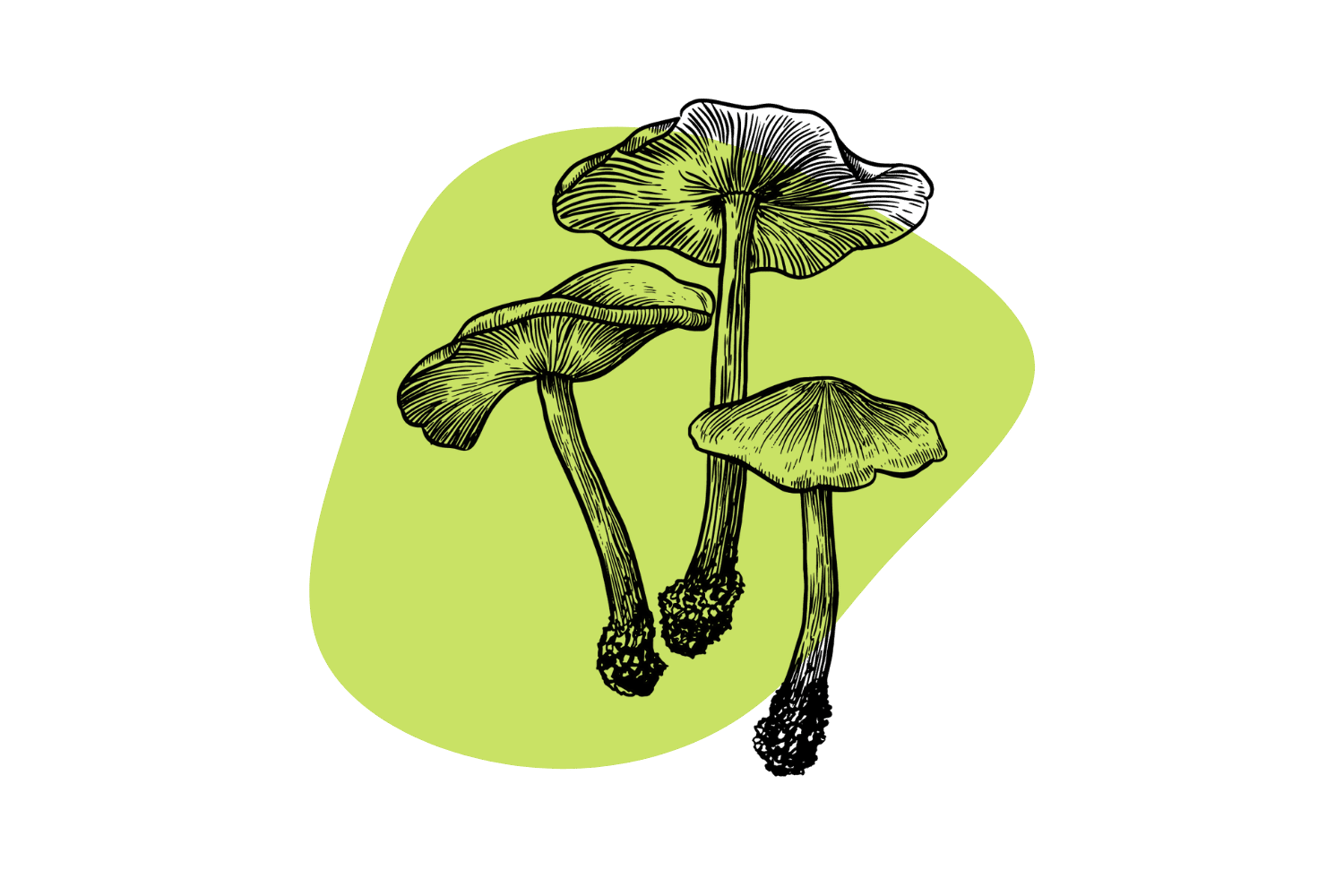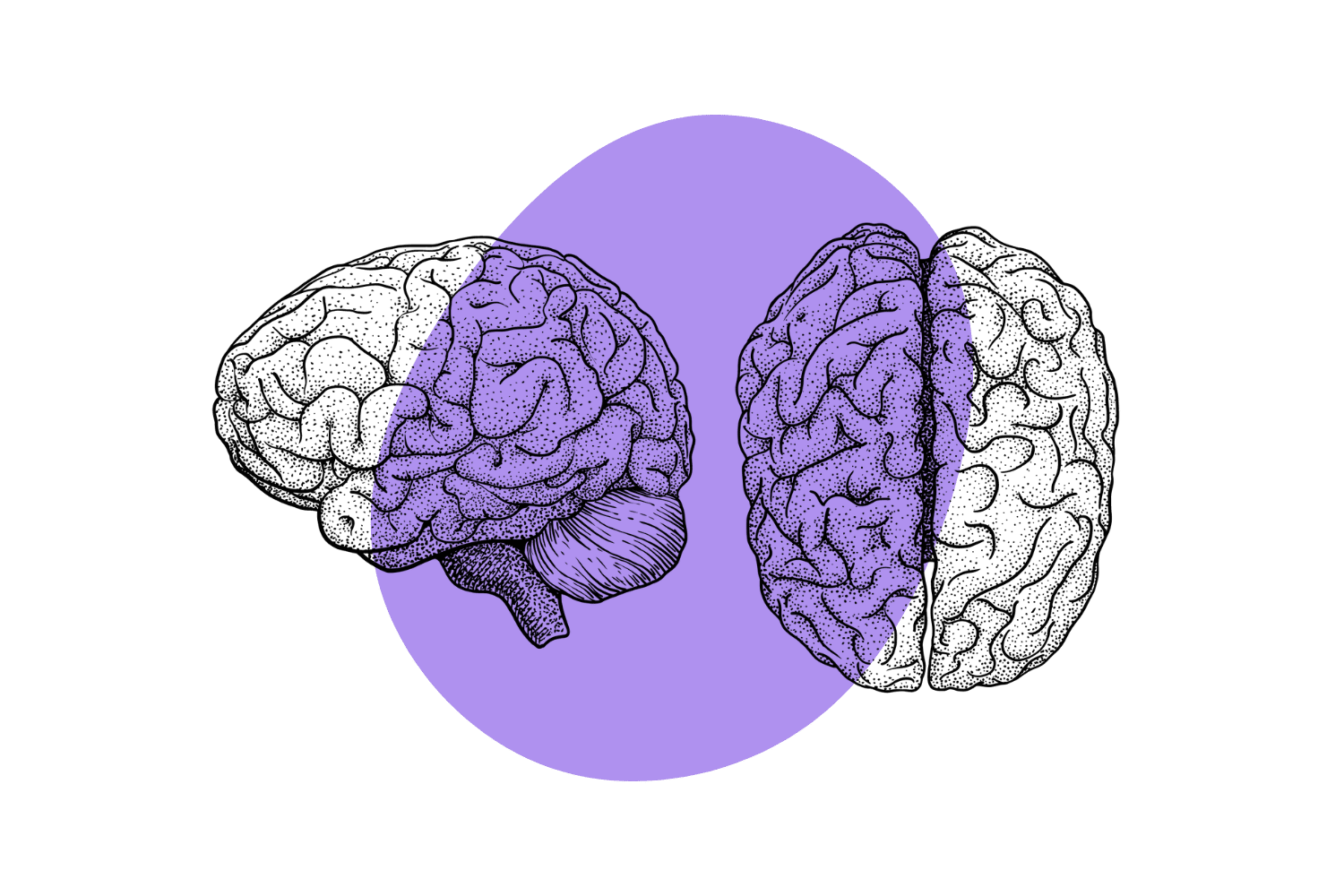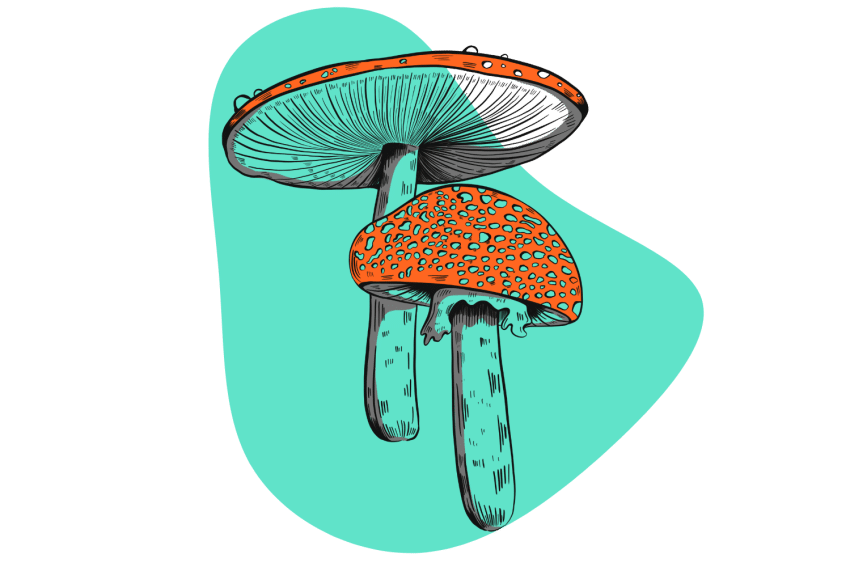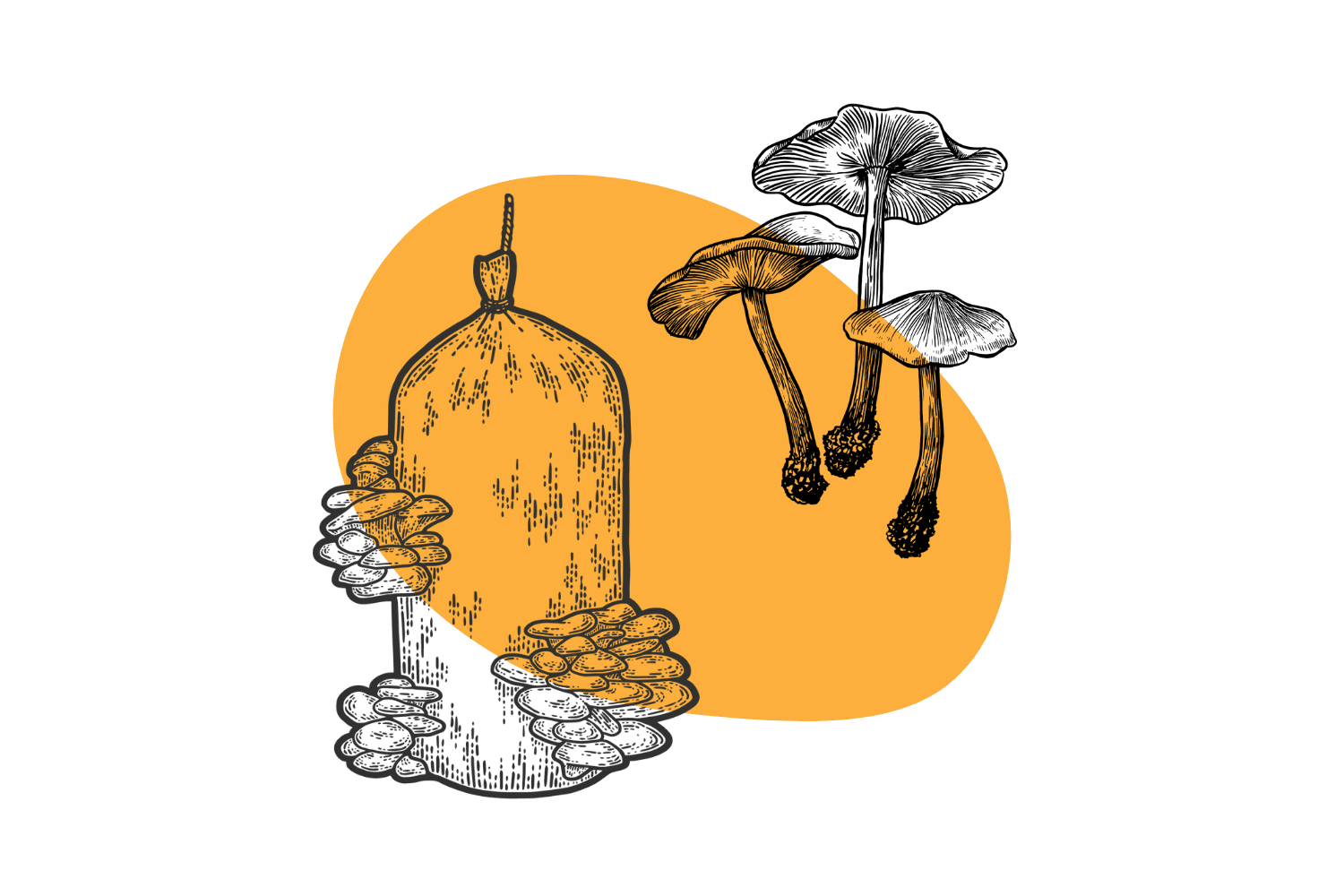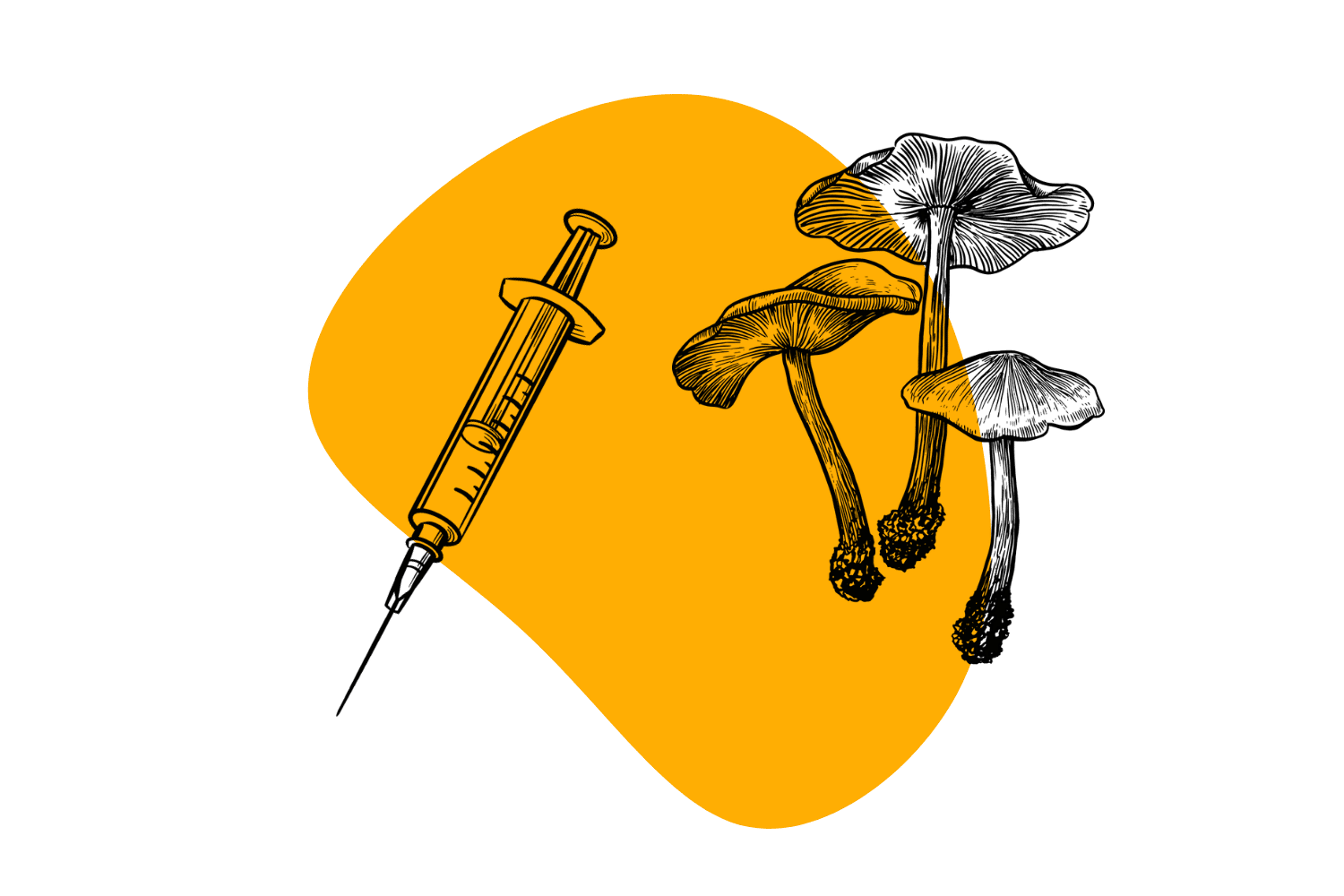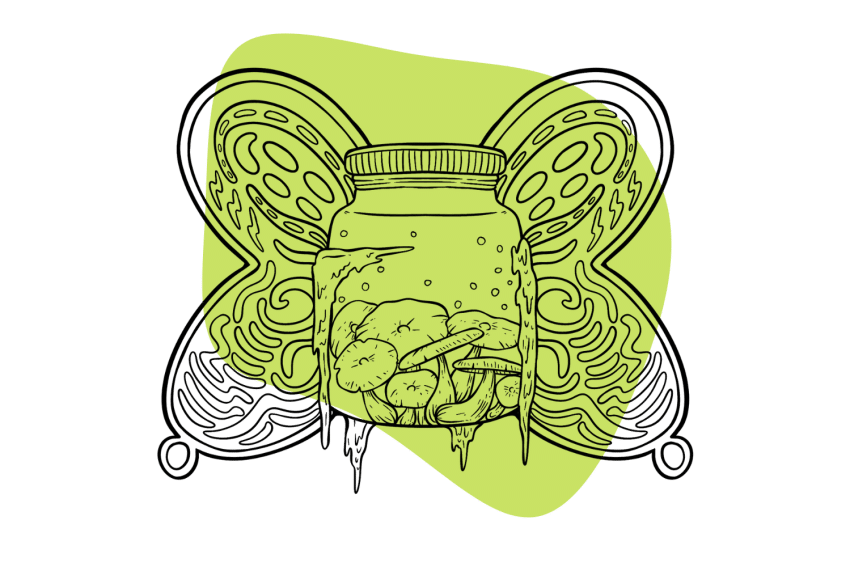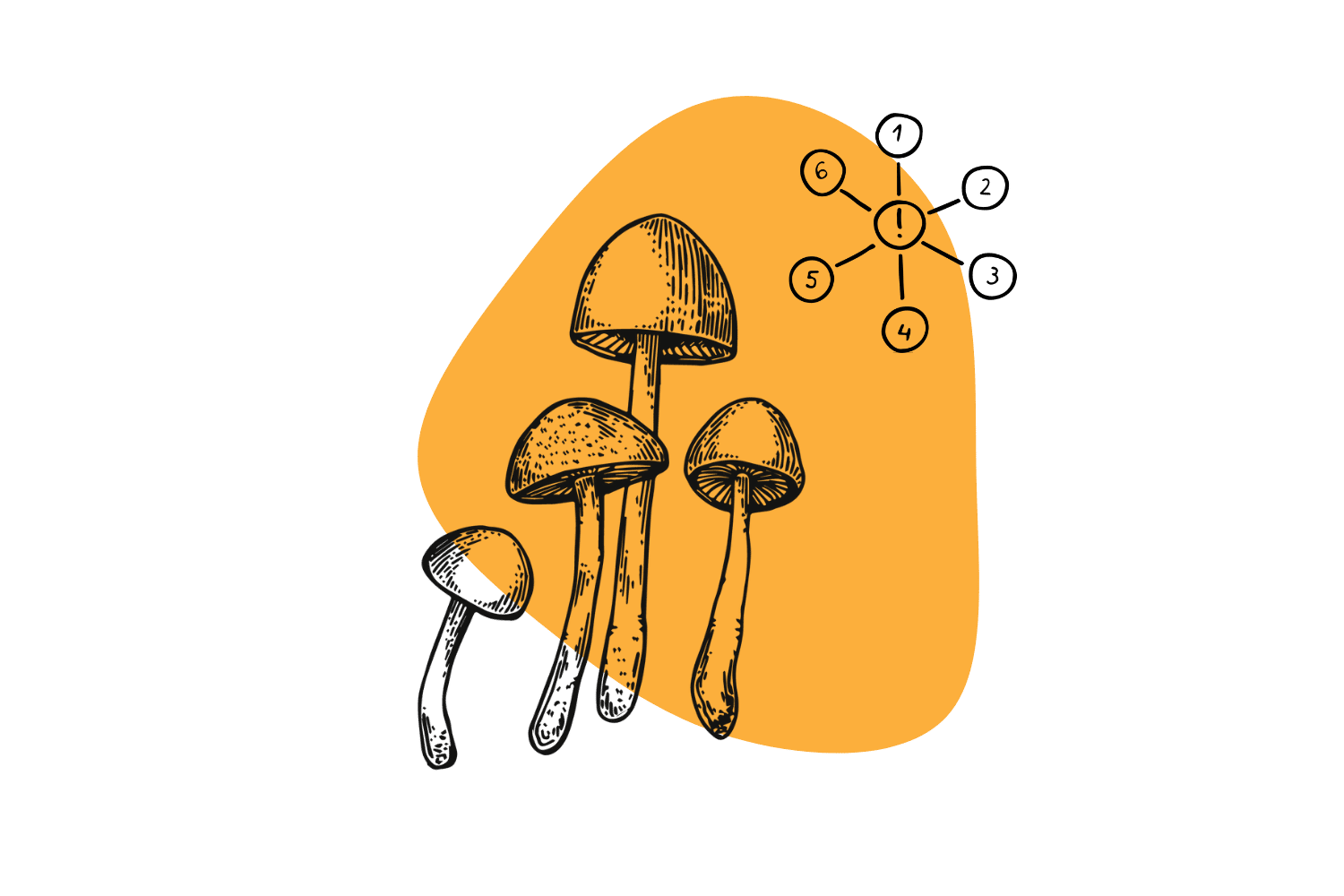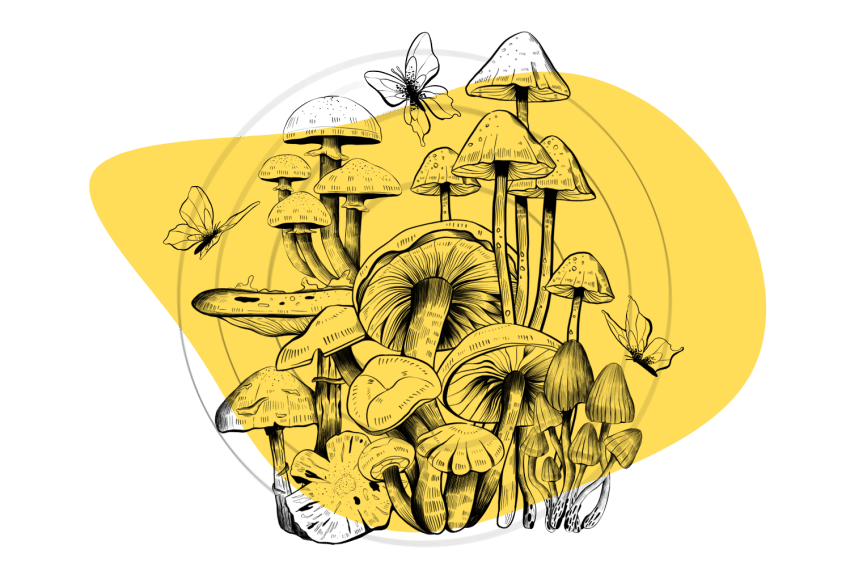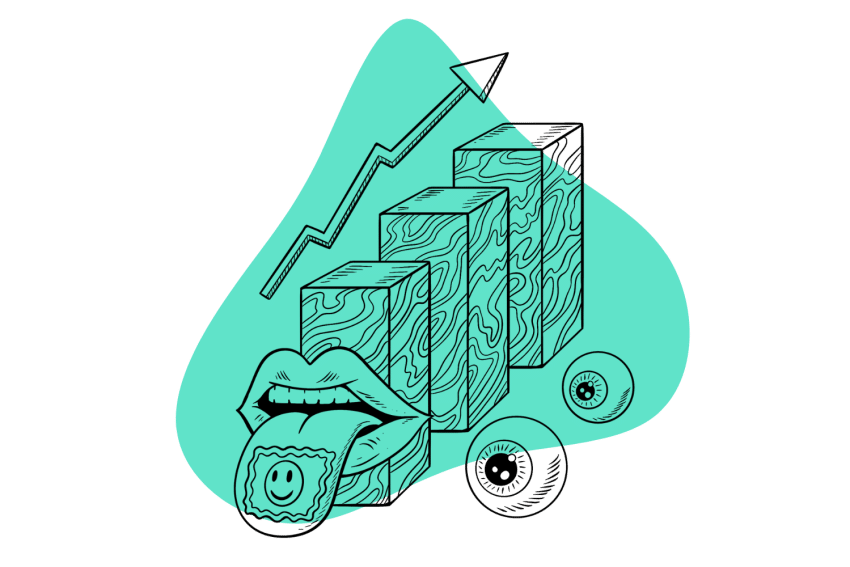Cambridge Second MASS City in Less Than a Month to Pass Measure Supporting Decriminalization of Magic Mushrooms
Looking for a university in decriminalized territory? Add Harvard and MIT to the list ✅
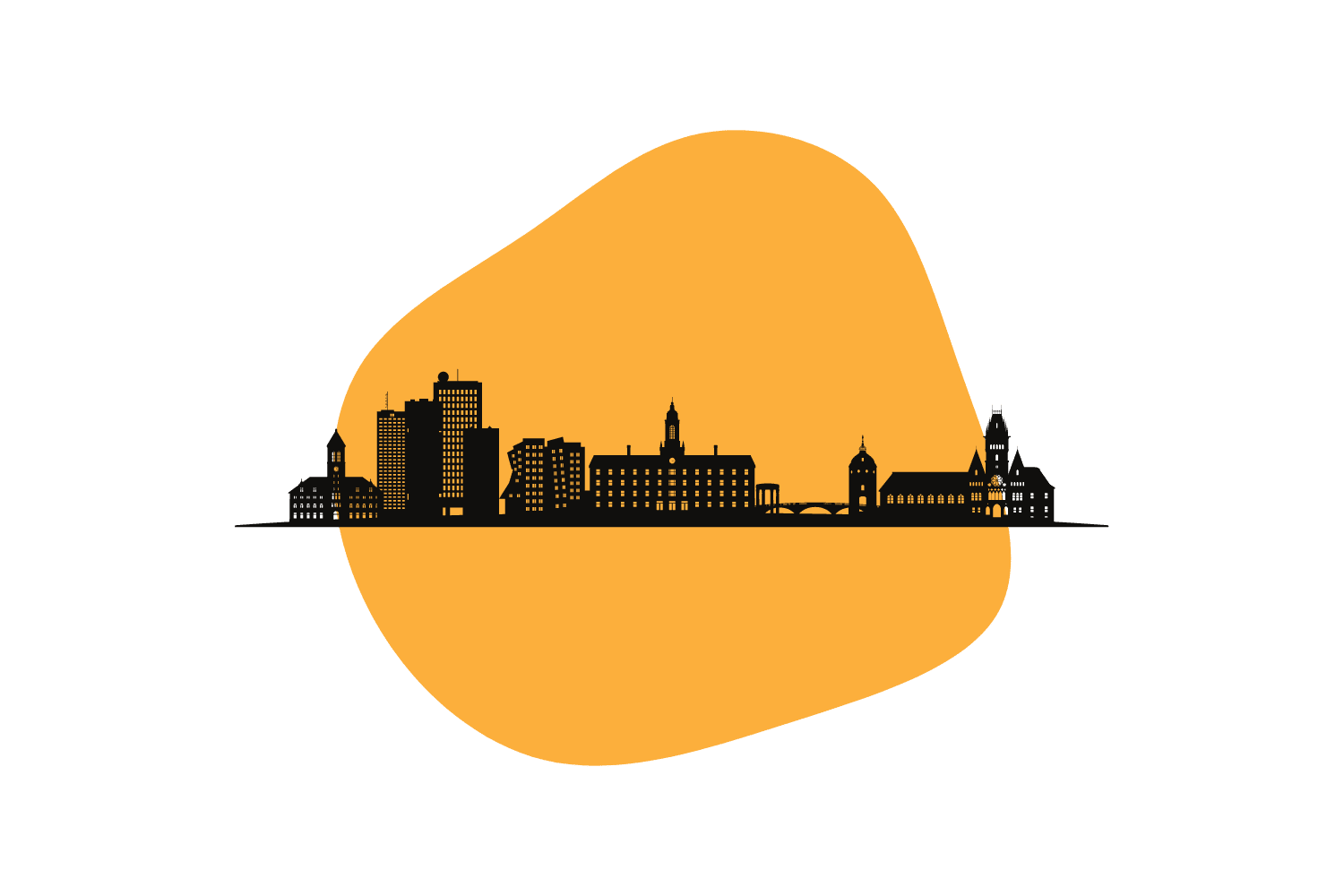
Cambridge, MA, has been voted the second-best place to live in the entire country. We’re betting it could soon earn the top spot now that psychedelics are decriminalized.
Somerville became the first city in Massachusetts to pass a resolution supporting decriminalizing entheogenic plants and fungi. Less than three weeks later, Cambridge, home to two of the most prestigious universities in the world — Harvard and MIT — followed suit.
In this article, we will discuss the details of the Cambridge resolution. We’ll also differentiate between a resolution to “support” decriminalizing entheogenic plants and fungi and a resolution to decriminalize them.
We will also discuss the city’s rationale behind the measure and the move to decriminalize small amounts of all drugs in the state.
A Matter of Priorities
In addition to calling for the decriminalizing of entheogenic plants and fungi, Policy Order POR 2021 #24, passed 8-1 by the Cambridge City Council in February 2021, declares that “the use and possession of all controlled substances should be understood first and primarily as an issue of public health by city departments, agencies, boards, commissions, and all employees of the city.”
Entheogenic Plants Covered By the Order
City Councilman Jivan Sobrinho-Wheeler, the sponsor of the order, says there is ample research documenting the medical benefits of entheogenic plants and fungi.
Plants covered by the order and some of their medical benefits include:
1. Magic Mushrooms (Psilocybin)
The U.S. Food and Drug Administration (FDA) has granted psilocybin “breakthrough therapy status” for its potential as a treatment for major depressive disorder (MDD).
This “level of legalization” allows researchers to “expedite the development of a drug after preliminary evidence shows the drug may demonstrate substantial improvement over available therapy.”
Studies show that psilocybin is also effective in treating:
- Depression
- Cocaine/opioid addiction
- Anorexia
- Obsessive/Compulsive Disorder
- Cluster headaches
- Cognitive decline in Alzheimer’s patients
There are currently studies underway to investigate the effect of psilocybin on treatment-resistant PTSD.
Keep reading: Magic Mushrooms 101
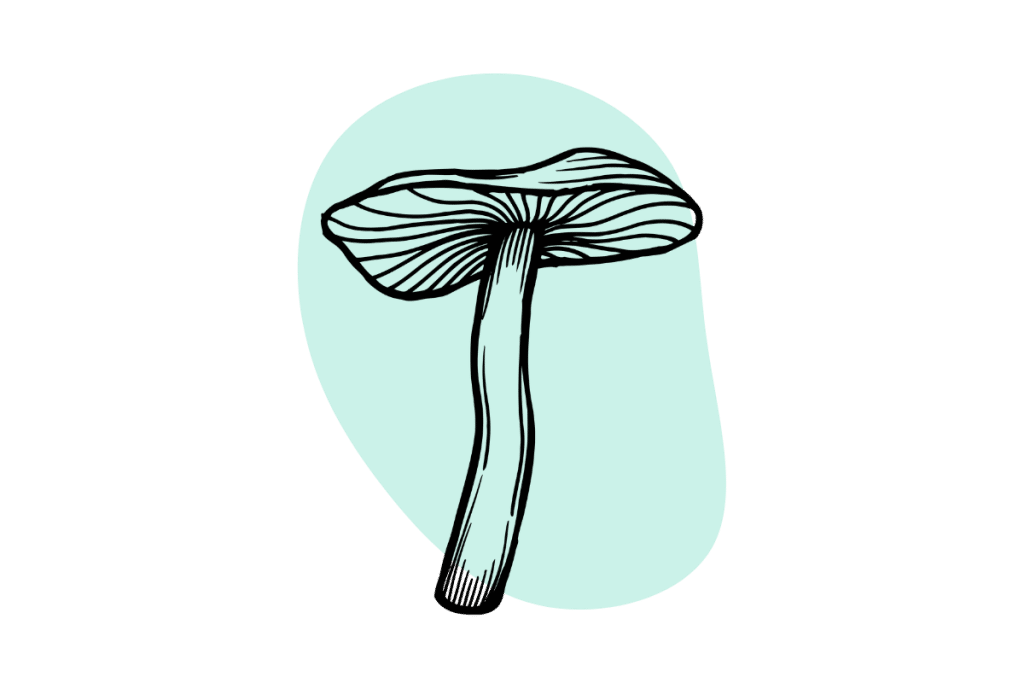
2. Iboga/Ibogaine
Ibogaine is a psychedelic compound found in the iboga shrub, a shrub that grows mostly in central west Africa. Studies have shown it to be effective in treating alcohol, cocaine, and opioid addiction.
Additional medical benefits include treatment for:
- Seizures
- Depression
- Neurological disorders
- Migraine headaches
- Fevers
- Eating disorders
According to the Multidisciplinary Association for Psychedelic Studies (MAPS), studies indicate that ibogaine shows promise for easing cravings, reducing withdrawal symptoms, and lowering the risk of relapse.
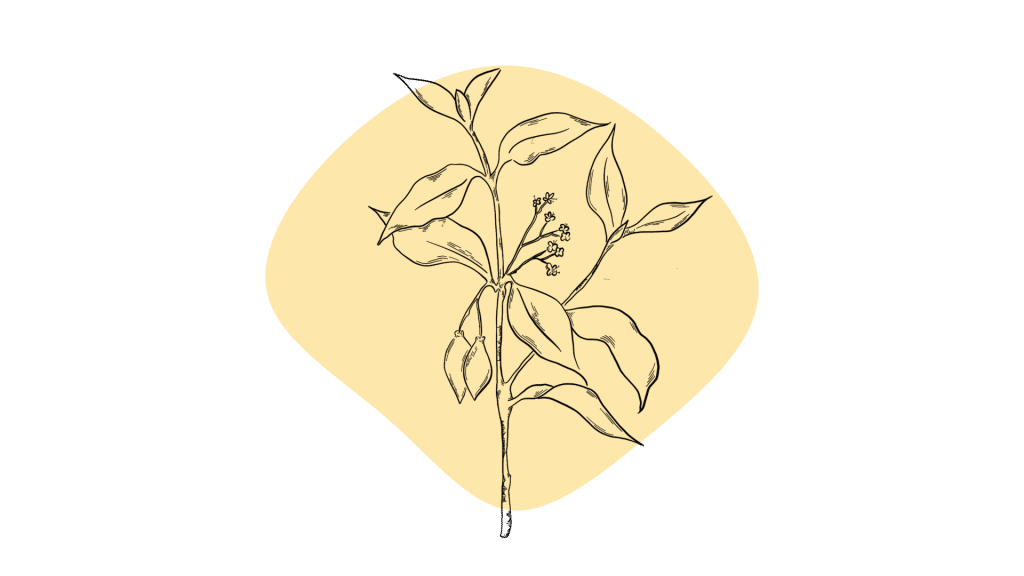
3. Ayahuasca
Ayahuasca is a tea-like brew usually made by the extended heating or boiling of the Banisteriopsis caapi vine with the leaves of the Psychotria Viridis shrub. However, it can be made by combining any plant that contains an MAOI inhibitor with one that contains DMT (dimethyltryptamine).
Current research indicates that ayahuasca can protect brain cells and stimulate neural cell growth. It may also enhance your mood and increase awareness [1].
Other possible medical benefits include treatment for:
- Cocaine/opioid addiction
- Alcoholism
- Treatment-resistant depression
- PTSD
The National Institutes of Health (NIH) reports that in a study conducted with 57 people, their reported rate of depression and stress significantly decreased after they consumed ayahuasca [2]. The effects remained significant four weeks after drinking the “psychotropic tea.”
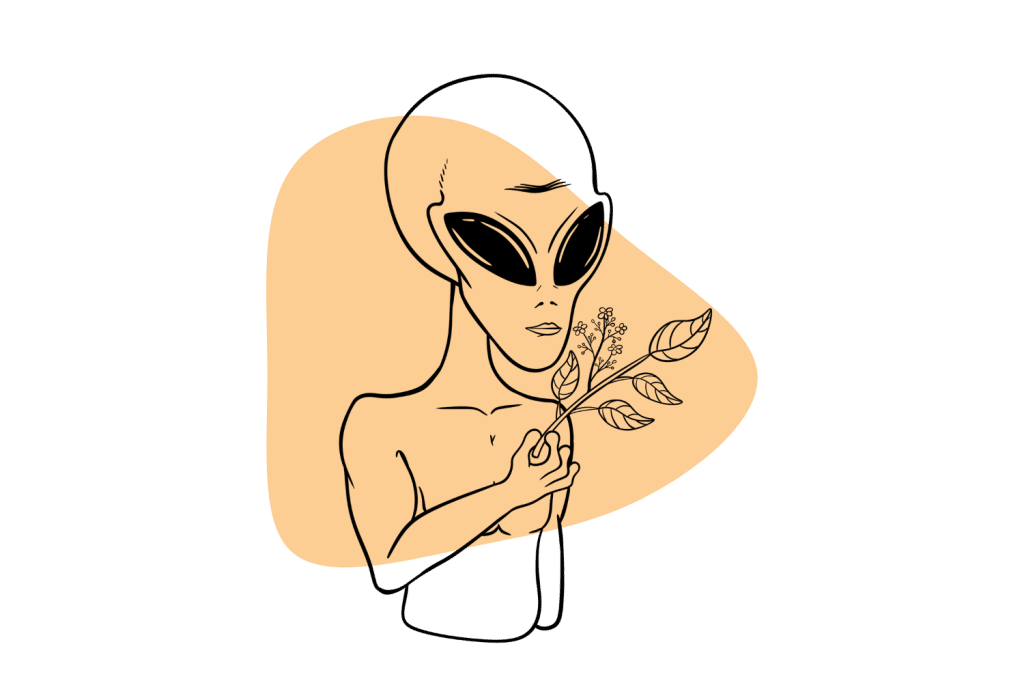
4. Mescaline/Peyote
Mescaline is a psychoactive compound that occurs naturally in a family of cacti native to the southwest United States, Mexico, and South America. These include the peyote cacti, the San Pedro cacti, and the Peruvian Torch cacti. The highest concentration of mescaline is found in the peyote cacti.
Mescaline is a Schedule I Controlled Substance, and currently, only members of the Native American Church are legally allowed to possess and use it.
Many cities that have passed measures to either support the decriminalization of or decriminalize entheogenic plants have excluded mescaline. Indigenous and native cultures believe that decriminalizing these “sacred and at-risk” cacti would negatively impact their availability for their religious services.
Mescaline is not specifically included or excluded in the Cambridge Policy Order in support of decriminalizing entheogenic plants and fungi. However, it can be assumed that it is included in the “all entheogenic plants and plant-based compounds” cited in the order.
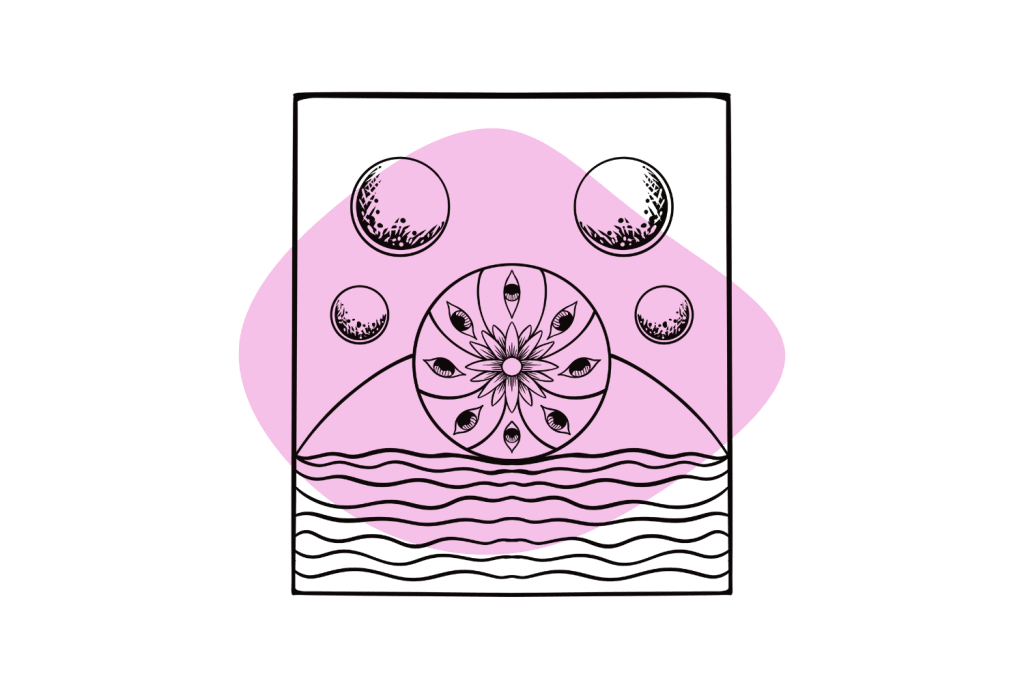
Resolution to Support vs. Resolution to Decriminalize
Simply put, in a “resolution to support…,” the city council declares what a city “should” do. In a “resolution to decriminalize…,” the city council declares what a city “shall” do. Whether the city “should” or “shall” depends on the structure of the city government.
Not all city councils have the authority to pass a legally binding resolution. Some city government structures require that the resolution, once passed, be codified into a local ordinance.
For example, the Cambridge Policy Order in support of the decriminalization of entheogenic plants declares that it should be the city’s policy “to relegate enforcement of laws restricting possession and/or use of entheogenic plants to the lowest law enforcement priority.” This is a non-binding resolution that must be codified into a local ordinance.
Conversely, Ann Arbor’s resolution to decriminalize entheogenic plants declares that it shall be the city’s policy “to relegate enforcement of laws restricting possession and/or use of entheogenic plants to the lowest law enforcement priority.” This is a legally binding resolution.
Except for the auxiliary verb (should vs. shall), a resolution supporting decriminalization reads exactly like a resolution to decriminalize. However, since a support resolution has no “teeth,” that is to say, it does not “carry the weight of law,” the compliance of police and prosecutors to it is voluntary — until it is codified into law.
The codification of a “resolution to support” is usually just a formality since its approval by the city council means it has already passed muster with the “powers that be.”
Know Where You Stand
To be clear: if where you live has decriminalized entheogenic plants, there are no legal repercussions for possessing them for personal use. If, however, there’s only a resolution to support the decriminalization of entheogenic plants, you can still be arrested for possessing and using them, but you probably won’t be.
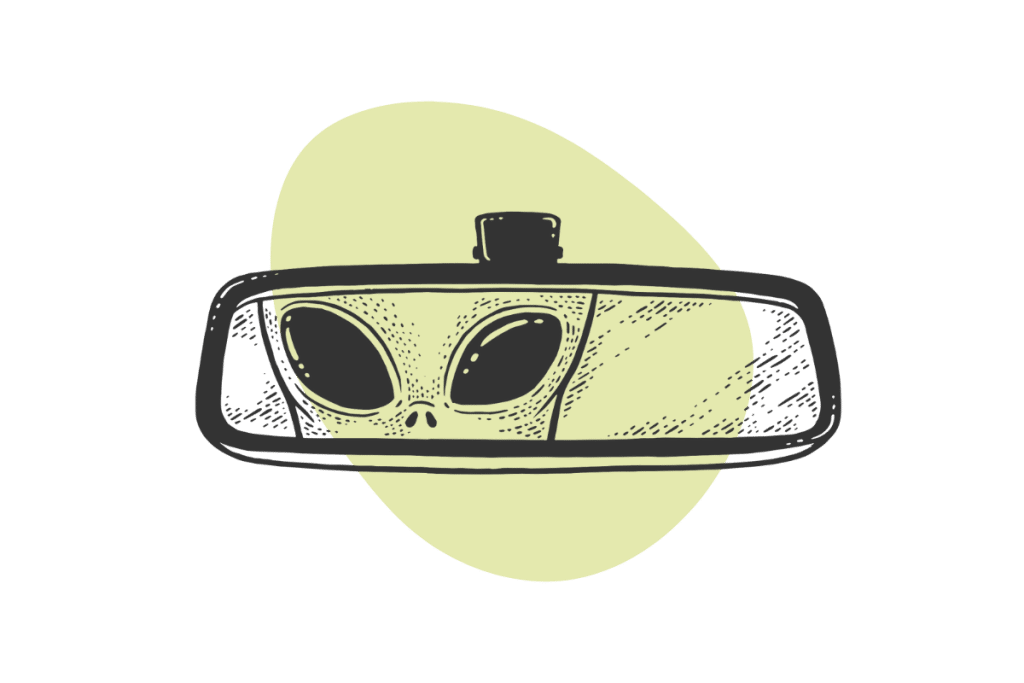
Decriminalization vs. Legalization
Decriminalizing magic mushrooms and other entheogenic plants does not legalize them. They are on the federal Schedule I Controlled Substances list, which makes them illegal in all 50 states. Legalizing them would be to remove all criminal penalties associated with them.
However, each city and state government has the autonomy to enact legislation it believes to be in the best interest of its constituents. This means that a city can decide to make the enforcement of laws restricting the possession and use of these plants the city’s lowest law enforcement priority.
They are still illegal, but police and prosecutors have been instructed not to spend any city funds pursuing the cases.
Where Can I Buy Magic Mushroom in Cambridge?
Nowhere, actually. Psilocybin, the psychoactive compound in magic mushrooms, is on the federal Schedule I Controlled Substance list. This makes magic mushrooms illegal all over the country.
But there is a way you can have access to a virtually unlimited supply of magic mushrooms: grow your own.
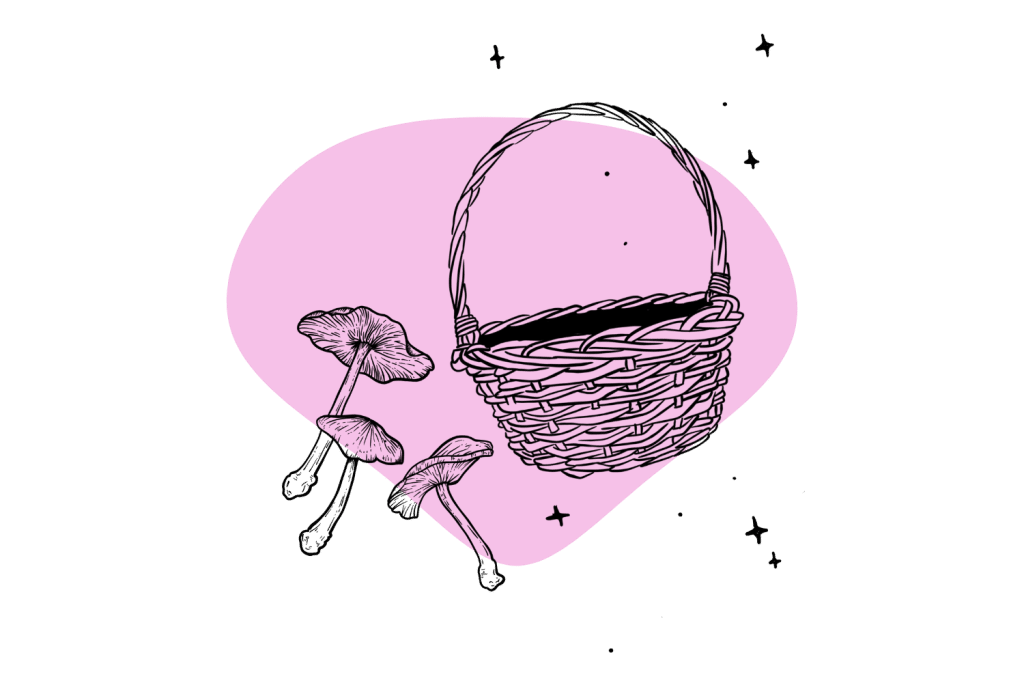
Grow Your Own Magic Mushrooms
Growing magic mushrooms at home is a relatively easy process. Since magic mushroom spores do not contain psilocybin, they can be purchased online in most states. They are available in syringes and prints.
Spore syringes are oral syringes filled with mushroom spores and distilled water. Spore prints are simply spores stamped onto a sheet of paper. They cost between $15 – $30 each and can yield several harvests.
If you live in a community where magic mushrooms have been decriminalized, you can grow your own. There are two ways to do this: a mushroom grow kit and from scratch.
Mushroom Grow Kits
The mushroom grow kit is a simple way to grow magic mushrooms at home. The kit comes with everything you need, plus detailed instructions. You must purchase the spores separately.
The kits start at around $50, but there are more expensive kits for more sophisticated operations. Depending on the species of mushrooms, it will take about 4-6 weeks to produce a harvest of magic mushrooms from a mushroom grow kit.
Apart from just being easy, there are other advantages to using a mushroom grow kit:
- Easy to care for — Just add the spores, place it in a well-lit area away from direct sunlight, and water lightly one or two times a day.
- Safe — Mushrooms grown from a kit purchased from a reputable dealer are free from pesticides, heavy metals, and contaminants. You also don’t have to take your chance picking them in the wild. Many mushrooms growing in the wild can be deadly.
- Cost-effective — An “average” dose of magic mushrooms is about one-eighth of an ounce (3.5 grams) and costs between $20-$40. A magic mushroom spore syringe or print will produce up to 50 grams or more of magic mushrooms, so you can recover your investment many times over.
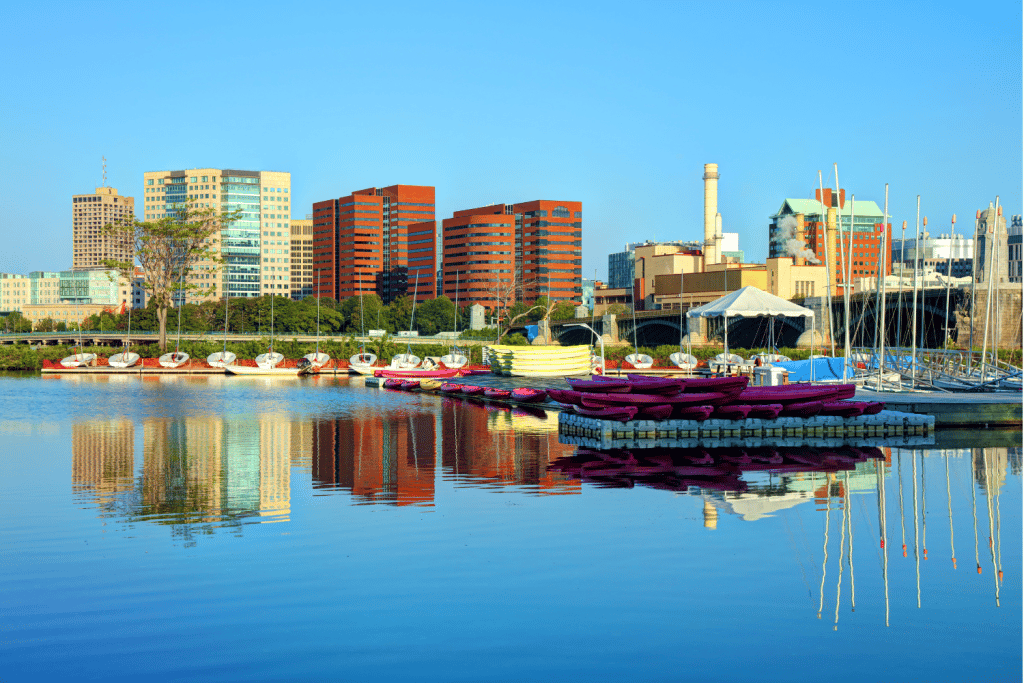
The Future of Psychedelics In Massachusetts
The move to decriminalize psychedelics in Massachusetts is picking up steam — Northampton and Easthampton have also adopted resolutions in support of decriminalizing entheogenic plants and fungi.
The Bay Staters for National Medicine has introduced a bill to “modernize the Commonwealth’s Controlled Substances Act.” The amendment would legalize entheogenic plants for addiction treatment and therapeutic use. It also calls for eliminating criminal penalties for possessing and using small amounts of psychedelics on the Controlled Substances list.
Massachusetts lawmakers have convened an interagency task force, through Bill H1494, to “study the public health and social justice implications of legalizing the possession, consumption, transportation, and distribution of naturally cultivated entheogenic plants and fungi.”
The Bay State legislators are also considering a proposal (Bill H2119) to decriminalize possession of all drugs. It would replace criminal penalties for possessing any controlled substance with a civil fine of up to $50.
References
- Frecska, E., Bokor, P., & Winkelman, M. (2016). The therapeutic potentials of ayahuasca: possible effects against various diseases of civilization. Frontiers in pharmacology, 7, 35.
- Uthaug, M. V., Van Oorsouw, K., Kuypers, K. P. C., Van Boxtel, M., Broers, N. J., Mason, N. L., … & Ramaekers, J. G. (2018). Sub-acute and long-term effects of ayahuasca on effect and cognitive thinking style and their association with ego dissolution. Psychopharmacology, 235(10), 2979-2989.

